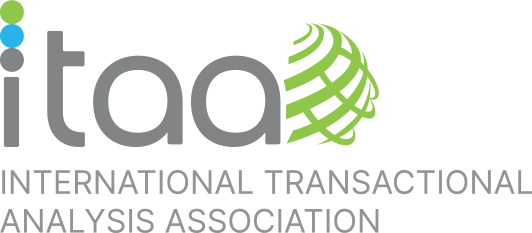THE INTERNATIONAL TRANSACTIONAL ANALYSIS
ASSOCIATION CODE OF ETHICS
Philosophy and Guidelines for Ethical Practice. It is referred to as “The Code of Ethics”.
PURPOSE
The purpose of this Code of Ethics is to provide Practitioners and members with a reference for principles and values, and practical examples (see Table 1 Behaviours Relating to the Ethical Principles) to consider in making sense of and resolving ethical issues.
The expectation is that members and Practitioners will commit to the values and ethical principles of transactional analysis and in so doing, will maintain safe, ethical, and effective contractual services. This will bring about safety, confidence and trust in transactional analysis as a modality and in the ITAA.
FUNCTIONS
AN EDUCATIONAL FUNCTION
This involves providing a stimulating resource for practitioners and members to contemplate what it means to live by the Principles of the ITAA Code and how to apply that to daily work as well as personal life.
A REMEDIAL FUNCTION
This provides a constructive structure and process to address ‘Issues of Ethical Concern’ in a fair and sound manner and that those impacted have the opportunity to learn from their experience.
CODE UPDATE
This code has been significantly updated from the previous Revision of the 2014 Ethical Code of Conduct and Procedures Manual. The update relates to the ethics code change in philosophy and language from modes inferring and inviting a ‘one up’ or ‘one down’ psychological position, a Blame and Shame approach to one of Enquiry. This has involved the process of shifting the emphasis from a ‘disciplinary’ and ‘legalistic’ mode to one of learning and growing
ETHICAL CONCERNS
The Committee (and the BOD) are in agreement that responding to issues of ethical concerns raised by either the membership and/or the public is a vital part of the role of the Ethics Committee. Encouraging discussion and participation in ethical debates invites us all to be ethically mindful, and thereby potentially reducing the likelihood of ethical concerns (previously called an ethical complaint) being raised


